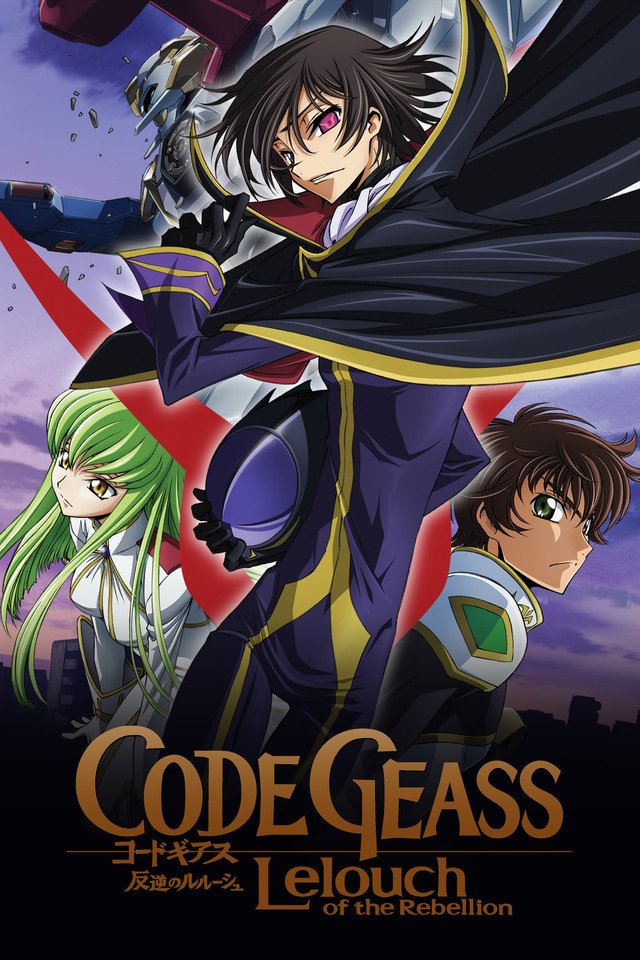Code Geass's Case for Religion

Code Geass's Case for Religion
Warning: Spoilers for Code Geass ahead.
Code Geass lays out a beautiful case for religion, presenting it as a partially true legend that gets people to behave at their best toward one another. By creating a legend of a madman manipulating everyone into killing each other, and then getting killed himself, he motivates the people of the world to cooperate with each other, now that they have supposedly escaped his malign influence. Even if someone were to later show this legend to be false, people will defend it -- similar to how people defend religions, heroic figures, and national myths today.
The idea is not that the truth is bad or awful, but that knowledge of the truth has limited value; it tells people what is, not what should be or how people ought to behave with one another, the thing religion excels at. This theme is symbolized using Britannia and its social Darwinist belief that they are superior to all other humans due to their fighting prowess and technological wonders. In the real world, many people believe that evolution disproves God, and in the show, the Britannian emperor denounces the Ten Commandments. In this way, the show also rebukes atheism, showing that a world where people take the cold, mechanistic, purposeless forces of the universe as a moral guide would be an awful one, devoid of warmth and love. Through mythmaking, first as the crusading rebel Zero and then as the madman Emperor Lelouch, Lelouch hoped to show the world how people should relate to one another, since the truth simply isn't enough.
And in a masterstroke, Code Geass's very medium and genre pound home the message. It is a sci-fi cartoon, complete with magical powers, unrealistic technologies, and a supervillain emperor. The story is about a man who creates a legend in order to show people how they ought to live -- and says a lot of untrue things along the way. As an alternate history sci-fi cartoon, everything about Code Geass is unreal -- the history is not what it is in real life, the voice actors are not portraying themselves or even their own bodies, no real sets or props are used, and the scriptwriters and artists control every character's every move, just as if they had Lelouch's Geass power. As a work of fiction, the cartoon Code Geass tells untrue events to illustrate a moral point, just as Lelouch did in the show.
That being said, I have a strong point of disagreement with the show's conclusion.
The idea is that myths can save the world if everyone just believes; however, myths must not be taken too far, especially when they obviously contradict reality. Social and political problems, from rampant divorce and fatherlessness to unemployment and poverty to race-hatred and war, among other issues, cannot be solved by merely covering up their effects since the effects will exist and exert an influence regardless of what we may think or believe. To address social problems, we first need to know the truth about them, so we know what to change or what we can change to get the results we want. As beneficial as legends and myths of all kinds are to the social fabric, we live in the real world, not a sci-fi cartoon. As with science, we must know human nature so that we may order society properly and deal accurately with our social problems the way we do with our engineering problems.
Top image © Sunrise Inc.
.png)
I'm Rawle Nyanzi, a professional author who seeks only to entertain. My blog is a convenient place where you can find all my writings and some of my opinions on various topics relating to politics, pop culture, and even gender.
Also, do purchase a copy of Sword & Flower, a story of a Japanese pop star and and English Puritan banding together to fight demons.
Logo image by Kukuruyo. Check his commission rates.